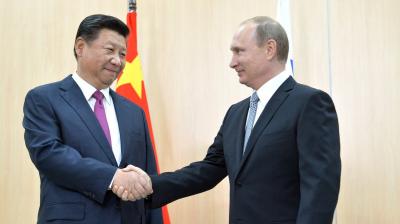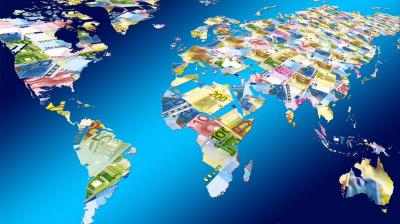Europe's Response to China's Activism
This new Clingendael report springs out of China's increasing role as an influential actor in the field of global economic governance. As the second largest economy in the world and with a trade surplus that dwarfs most other countries China is directly and indirectly influencing the practices, rules and standards of the international system of politics and economics in increasingly diverse ways.
Defending European Interests
How do these developments affect European interests and the ability of European capitals to defend their interests? The authors of this report find that European countries are generally better able to coax Beijing to agree with measures that are generally out of its comfort zone when using their combined strength.
China’s Multi-pronged Approach
China's stronger presence in global economic governance can be seen in how it interacts in various international institutions. From its attempts to include the renminbi in the SDR of the IMF to the creation of new institutions in the form of the AIIB and NDB, and from pushing to reform the voting shares in the IMF and World Bank to a more pronounced role in the G20, all of these activities point to a more assertive Chinese involvement in defining the rules that govern the global economic system.
Towards a System with Chinese Characteristics
Examining China's activities in these institutions and networks from a broad perspective is essential in understanding how China is likely to adjust the rules of global economic governance. The pressure from China on the OECD's definition of official development assistance and the much talked about 'lean, clean and green' nature of the AIIB are just two examples of the ways in which China is redefining global economic governance.
On the Need for a Shared European Framework
Following the three principle objectives of China's activism in global economic governance, (1) strengthening China’s influence and status in economic governance; (2) furthering domestic objectives through foreign policy; and (3) promoting acceptance of new standards and changing the rules of the game, the authors of this report emphasise the importance of a new shared European framework for dealing with China.









